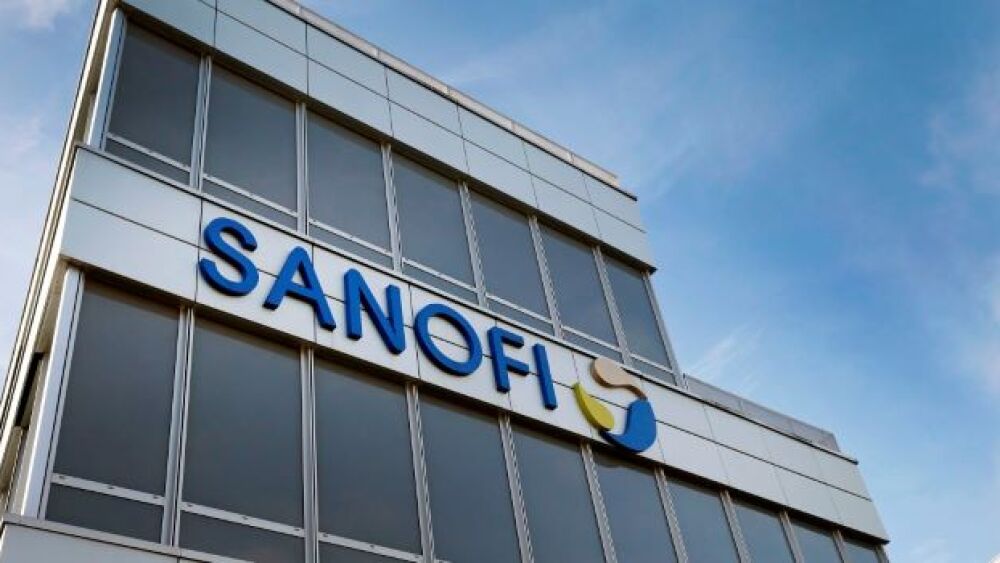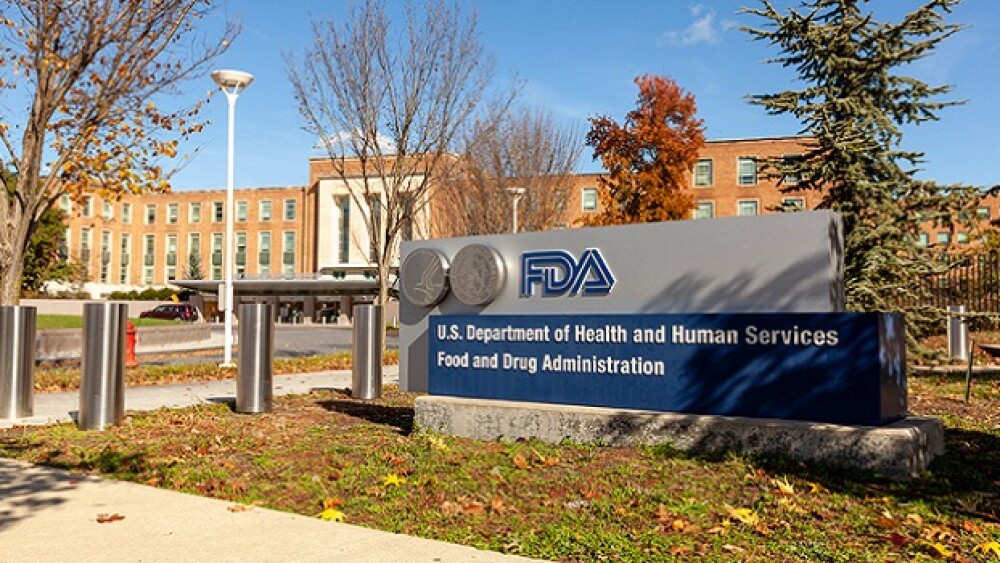Sanofi will pay ABL $75 million upfront, and the latter is eligible to receive as much as $985 million down the line as development, regulatory, and commercialization milestones are met.
Chesnot/Getty Images
South Korean biotechnology firm ABL Biotechnologies signed a global licensing and exclusive collaboration agreement with Sanofi to develop and commercialize a new therapy candidate for Parkinson’s disease.
ABL301 is a pre-clinical stage bispecific antibody that targets alpha-synuclein and insulin-like growth factor 1 receptor (IGF1R) to treat Parkinson’s disease and other potential disorders linked with enhanced blood-brain barrier (BBB) penetration. Preclinical studies demonstrate ABL301’s ability to recognize pathological aggregates with high affinity and minimal affinity to monomeric alpha-synuclein.
By leveraging on the Grabody-B platform, which targets IGF1R, the drug was able to enter the cerebrospinal fluid and brains of rodent and non-human primate models more efficiently than using just an alpha-synuclein monoclonal antibody.
Grabody-B is a molecular shuttle that facilitates therapeutics penetration in the central nervous system. Because it is a non-neutralizing anti-IGF1R antibody, using it does not affect IGF1R signaling, yet it is able to induce much higher BBB penetration of various treatment antibodies during the trials. With these observations, researchers believe that Grabody-B could be a safe and efficient tool to enhance the effect of therapeutics against CNS-related disorders.
“This groundbreaking partnership with Sanofi proves the immense possibilities of ABL’s innovative bispecific antibody technology. We will continue to develop our Grabody-B platform and expand its applicability in other neurodegenerative diseases, such as Alzheimer’s, to contribute to improving the lives of patients worldwide,” commented Dr. Sang Hoon Lee, chief executive of ABL Bio, in a statement.
Under the deal terms, Sanofi will pay ABL $75 million upfront, and the latter is eligible to receive as much as $985 million down the line as development, regulatory, and commercialization milestones are met. The South Korean company could also receive royalties from net sales from products that spring out of this deal. Following customary regulatory approvals and other closing conditions, the agreement terms will officially take effect.
ABL will spearhead the preclinical development phase for ABL301 and the Phase I clinical trial. Sanofi will take care of further development, regulatory approvals, and commercialization efforts worldwide later. It will also have exclusive global rights to develop and sell ABL301.
Sanofi also recently shared that it has enhanced its collaboration agreement with health metrics firm Evidation, with the goal to expand their joint real-world data initiatives further and provide new and better measures of human health and wellness. The two companies have so far worked on over 20 studies across 10 disease categories, including type 2 inflammation and diabetes.





